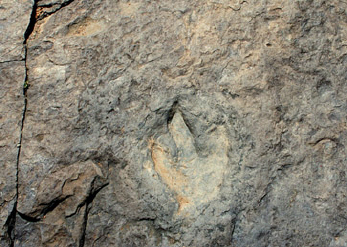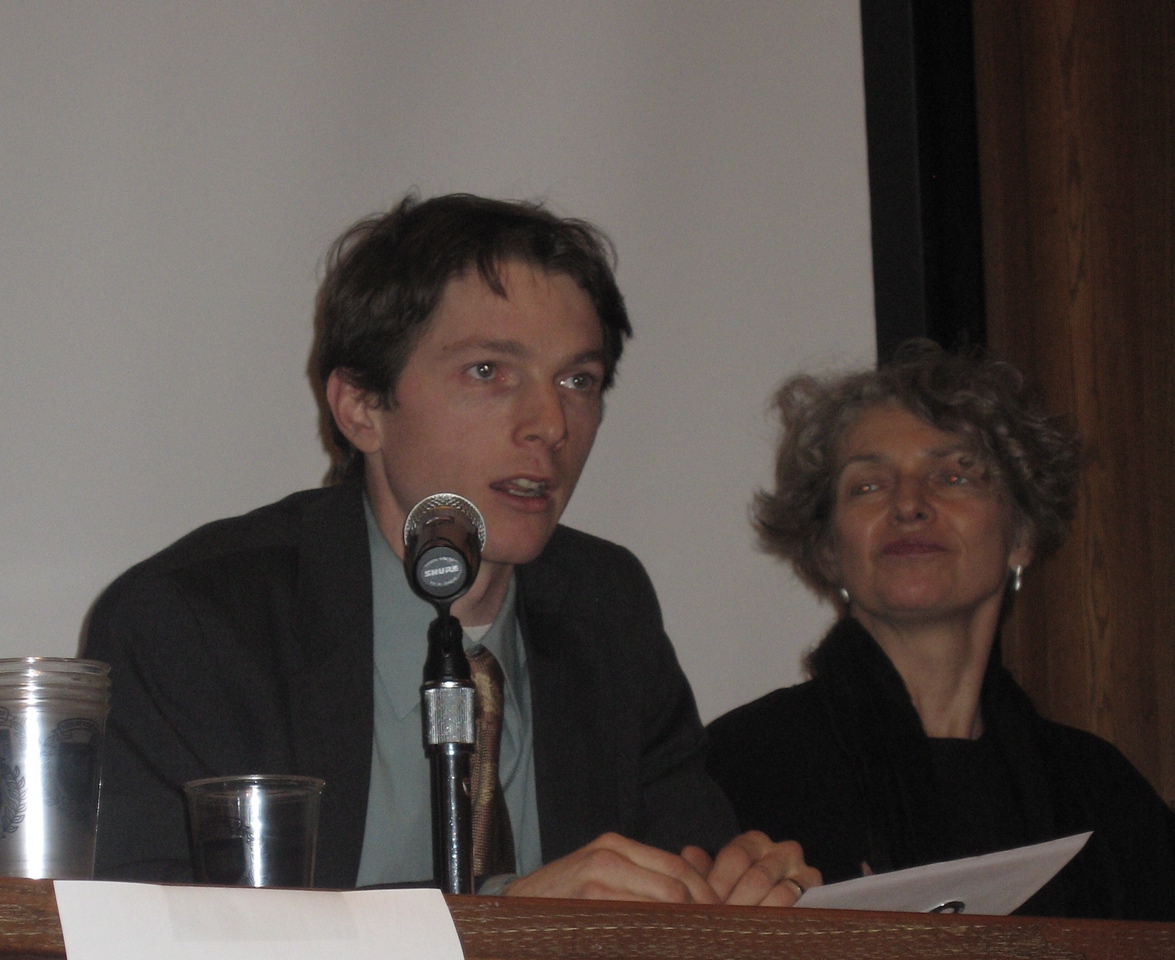Blog Post
Walking in the Footprints of Dinosaurs, Childhood Nature Trauma, and other thoughts from Yale


- Bill Finch – Mayor of Bridgeport, former Chair of the Environment Committee in the Connecticut State Legislature
- Paul Anastas, Ph.D. – Scientist, Director of the Center for Green Chemistry and Green Engineering, Professor in the Practice of Green Chemistry, Yale University School of Forestry and Environmental Studies
- Tristan Korthals Altes – Journalist, Managing Editor of Environmental Building News
- Lillian Ball – New York-based artist and environmental activist
- Rev. Tom Carr – Pastor, Co-Founder and Co-chair of the Interreligious Eco-Justice Network, Pastor of the First Baptist church in West Hartford.
- The panel was moderated by Dean Gus Speth of the Yale School of Forestry and Environmental Studies.
- Introduction to the panel by Dean Speth, and introduction to Dr. Anastas (8:43)
- Dr. Paul Anastas (8:33)
- Lillian Ball – with intro from Dean Speth (9:23)
- Rev. Tom Carr – with intro from Dean Speth (15:17)
- Mayor Bill Finch – with intro from Dean Speth (15:15)
- Tristan Korthals Altes – with intro from Dean Speth (10:35)
- Audience question, and Bill Finch and Lillian Ball on educating children (5:47)
- Audience rumination, and Tristan Korthals Altes on recognizing children's wisdom (4:02)
- Audience question, and Paul Anastas on communicating with climate change doubters (3:20)

Published February 4, 2008 Permalink Citation
(2008, February 4). Walking in the Footprints of Dinosaurs, Childhood Nature Trauma, and other thoughts from Yale. Retrieved from https://www.buildinggreen.com/blog/walking-footprints-dinosaurs-childhood-nature-trauma-and-other-thoughts-yale



Add new comment
To post a comment, you need to register for a BuildingGreen Basic membership (free) or login to your existing profile.